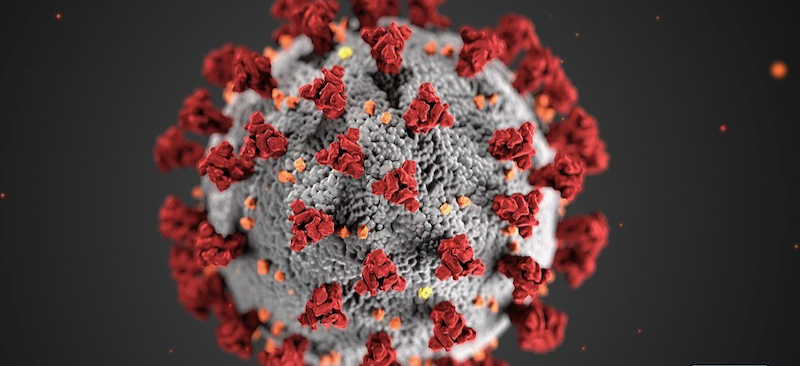The word pandemic conjures up a host of overwhelming thoughts and feelings. The idea that a virus could be so enormous, so powerful, that it would pose a global threat is something only imagined in movies and sci-fi novels … until now.
While history shows us that numerous parts of the world previously suffered life-threatening and life-taking viruses, this is the first time in this population’s lifetime that a pandemic has devastated the planet. As much as we’d like not to believe it, life will never be quite the same.
In 2001, when the United States experienced the fall of the twin towers in New York, a whole country watched in disbelief. Quite a few people alive at the time had memories of the day the Japanese blitzed Pearl Harbor, but that event was on the faraway Hawaiian islands. But the twin towers? This was the Big Apple, historical New York, a major and beloved city. The rippling effects of 9/11 left for many Americans feelings of what’s called anticipatory trauma. That results from bracing for trauma when trauma is not actually occurring.
Now, in 2020, we have clear and present danger nationwide. Major trauma has occurred on so many levels. As a result, each person in various ways has experienced what could be viewed as a reality-shattering experience.
The Covid-19 crisis presents classic examples of how panic can escalate in a population. (Of course, some people experience panic attacks under normal circumstances. Or when confronted with life transitions such as leaving for college, getting married or beginning a new job in another city.)
Symptoms of panic often develop due to a perception of loss of control. In reality, the U.S. moved fairly quickly to address and contain the coronavirus. But for many caught up in this atmosphere of fear and confusion, there was an appearance of no clear direction in the response. Difficult and painful symptoms arise from individuals’ inability to manage or control such an unexpected and unprecedented event as the spread of this aggressive virus.
Panic produces extreme fear, and when the person feels alone or unsupported — especially in these times of lockdown and social distancing — fears of illness or death become full-blown. The psyche quickly perceives a loss of safety and security. Without logical thought, emotional and psychological instability follow.
An individual suffering a panic attack feels as if something life-threatening is going to happen, but generally this is not the case. (This doesn’t mean the feelings are not real in the moment.)
The good news: There are simple steps a person can take to quickly restore a sense of safety and equilibrium — what’s needed to de-escalate such a situation.
How do I know I am having a panic attack? Here are some typical sensations and symptoms:
- Sense of impending doom or danger.
- Fear of loss of control or death.
- Rapid, pounding heart rate.
- Sweating.
- Trembling or shaking.
- Shortness of breath or tightness in your throat.
- Chills.
- Hot flashes.
10 steps to de-escalate a panic attack
- Focus on your breathing. Take deep breaths and remind yourself that you are breathing, so you are alive and well.
- Look around. Is there imminent danger? If there is none, remind yourself you are in a safe space. Nothing threatening or harmful.
- If for any reason you do not feel you are in a safe space, take steps to get yourself to one.
- Remind yourself that sometimes experiences in life are overwhelming, but that does not mean they are life threatening. Understand your body is giving you a false alarm and you are okay.
- Wrap yourself in a warm blanket if you have one at hand.
- Tell yourself: Okay, this is a panic attack. Accept this, know it will pass, and remember it is temporary.
- If you have someone close by, reach out and hold a person’s hand. Have them remind you that they are there for you and you are not alone.
- If you are alone, lie down on the floor, connect yourself to the ground. A sense of being grounded can also provide a sense of safety.
- Wrap your arms around yourself.
- Remember that it may not feel like it, but you have control over your panic. Remind yourself that panic attacks always end. While you cannot always stop the panic you can ride the wave. Trying to fight or end panic tends to make it worse, but you can manage it. You are stronger than you know.
After the panic has passed you might want to discuss with your doctor the option of medication, some of which could help with reducing attacks in order to regulate your nervous system.
Therapy and interventions also have proven useful. Early intervention coping skills help with feelings of loss or loss of control before a full-blown panic arrives.
- Related article: “Coronavirus: What to tell the children”
